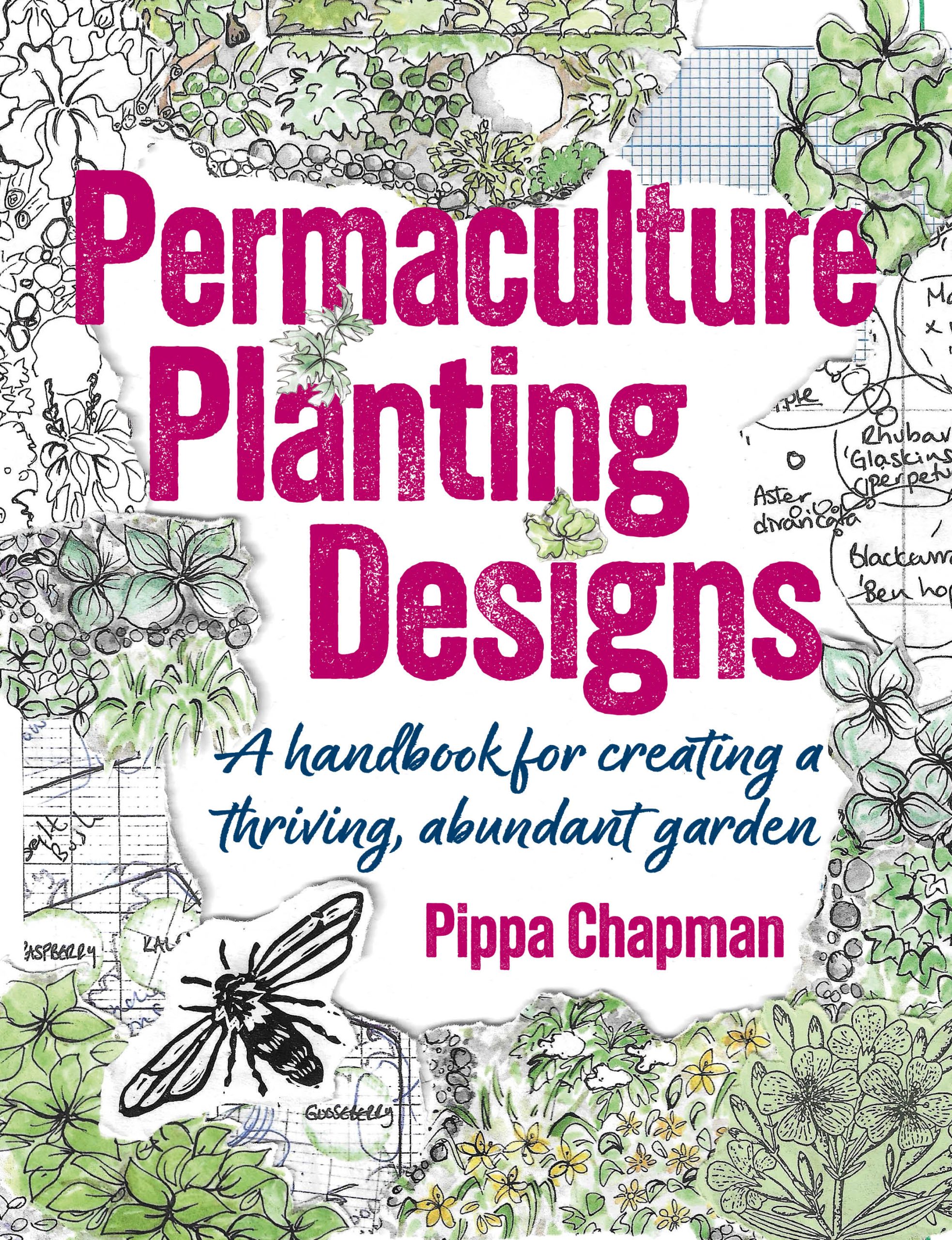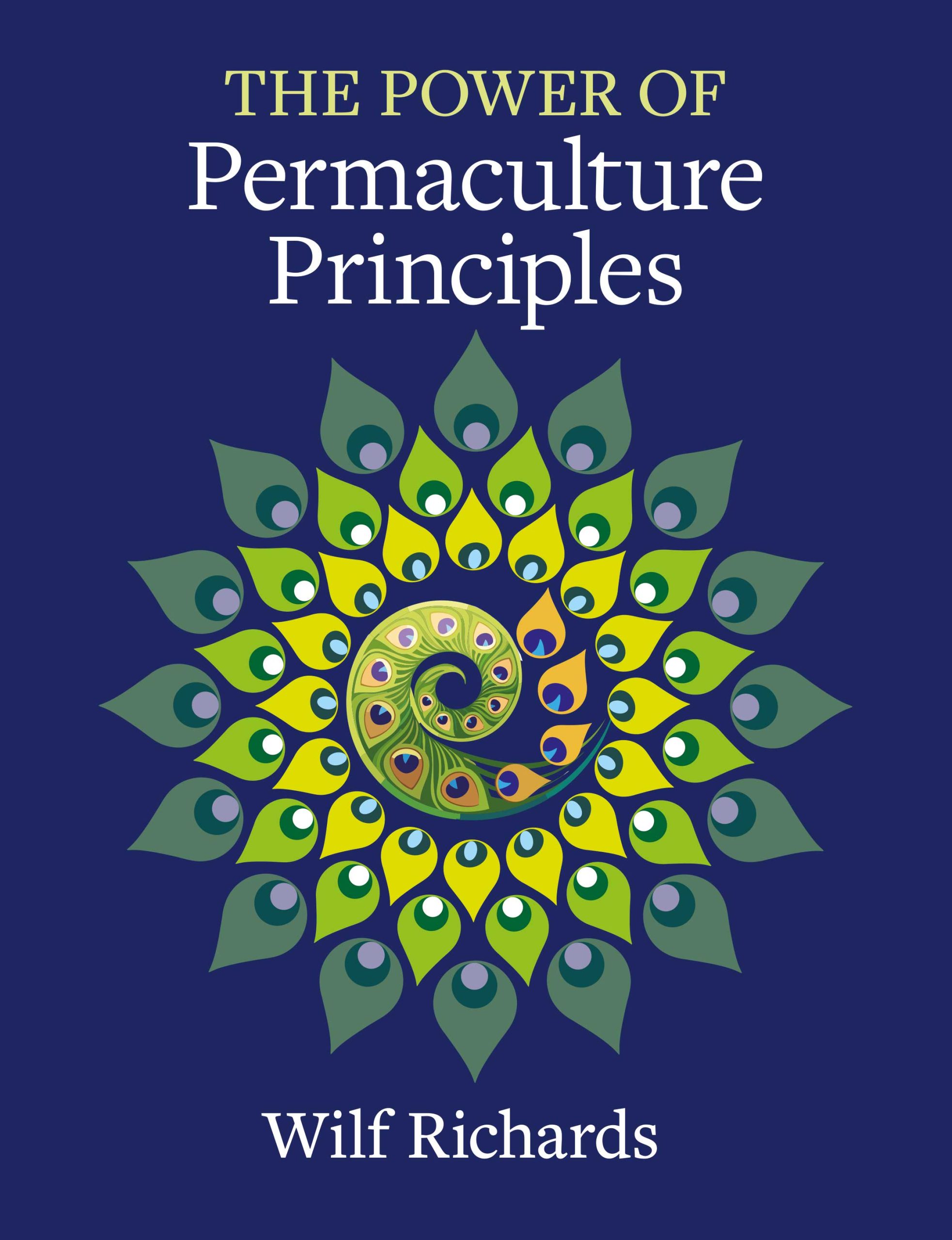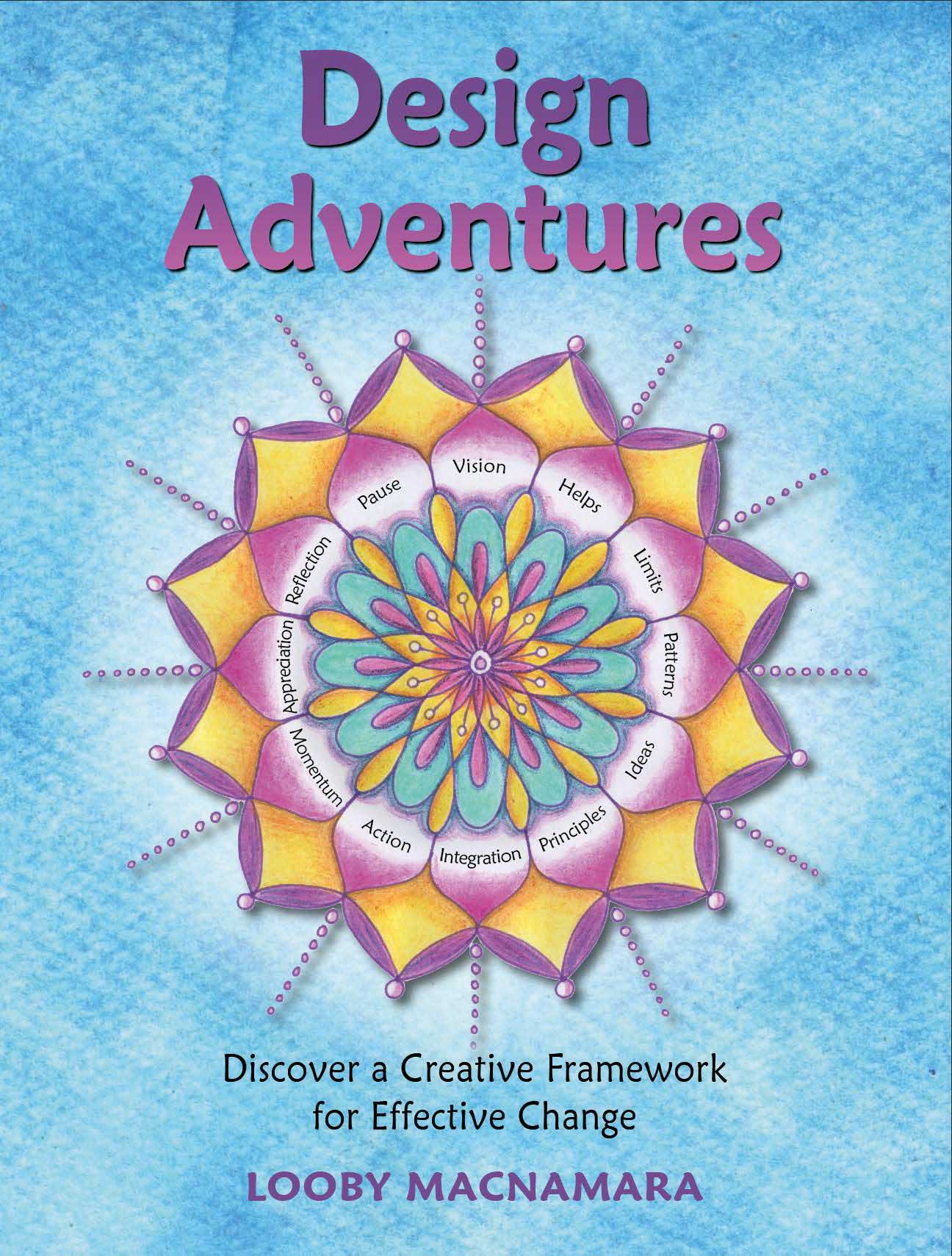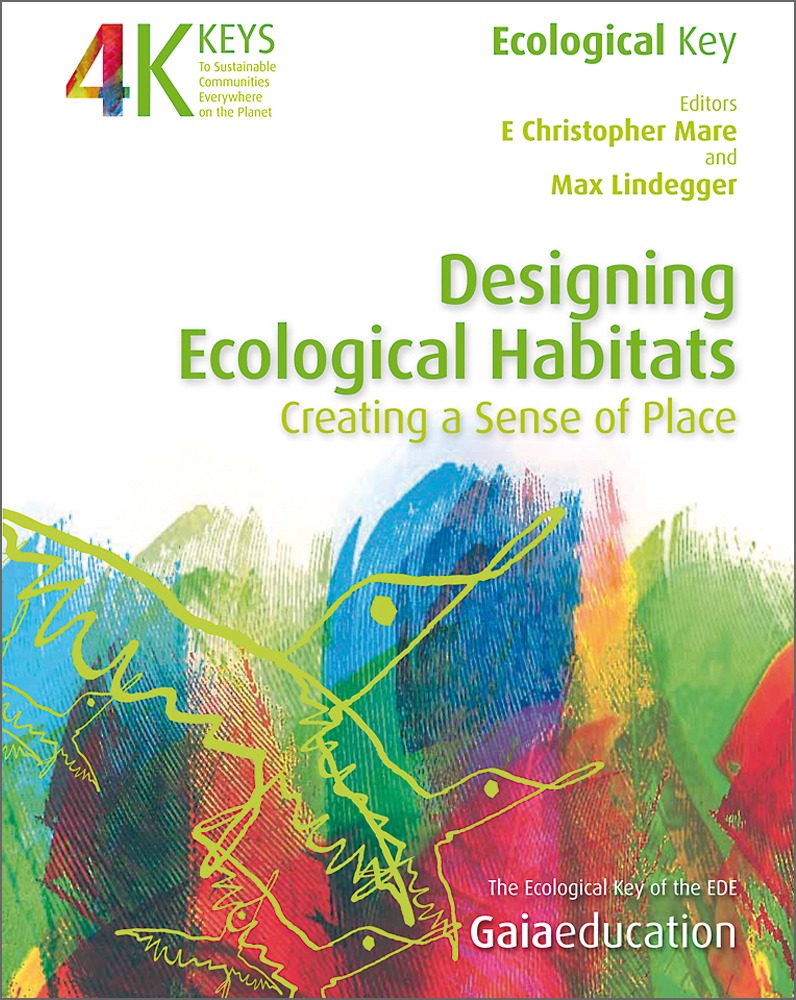
Edited by E. Christopher Mare & Max O. Lindegger
Designing Ecological Habitats is the third volume in the Four Keys to Sustainable Communities series and is an important and eloquent exploration of humanity’s limits to growth, addressing the problems arising from climate change, habitat destruction, population growth and resource depletion.
This is not a book of theoretical ideas but an anthology of solutions, of experience, tried and tested, from experts all over the world. The designs and practices included in this book present a vision for the future, already tested out in eco-villages, sustainable communities and projects in many countries. These are practical low carbon solutions which provide significant improvements in the quality of life.
Designing Ecological Habitats is an anthology of work by writers who have created, built, lived in and thrived in eco-developments, and addresses green building; food resources; appropriate technology; and restoring nature.
“By understanding the process of creating integrated ecological designs, we also make explicit the process of creating integrated social and economic systems. We reconnect with the true meaning of ecology that comes from the Greek word oikos, meaning ‘home’ or ‘a place to live’. Humanity’s greatest challenge is to ensure that planet Earth can support human life far into future centuries by not only adapting to climate change but also by mitigating it.” From the Foreword by Mark Richmond Director, Division of Education for Peace and Sustainable Development UNESCO Education Sector
The Four Keys represent the four dimensions of sustainable design—the Worldview, the Social, the Ecological and the Economic. This series is endorsed by UNESCO and is an official contribution to the UN Decade of Education for Sustainable Development.
The other books of the series are Beyond You and Me; Gaian Economics; and The Song of the Earth.
“This book is a truly remarkable compendium of collective wisdom, bringing together a wide diversity of perspectives and doing so in true ecovillage fashion, by honouring the wisdom of many voices.”
Daniel C Wahl, PhD, reviewing on Fielding Graduate University website
Book Details
Published: 2011
ISBN: 978 1 85623 061 2
Size: 248mm x 190mm
Format: Paperback, 286pp. 135 b./w photographs; 30 graphs
Author
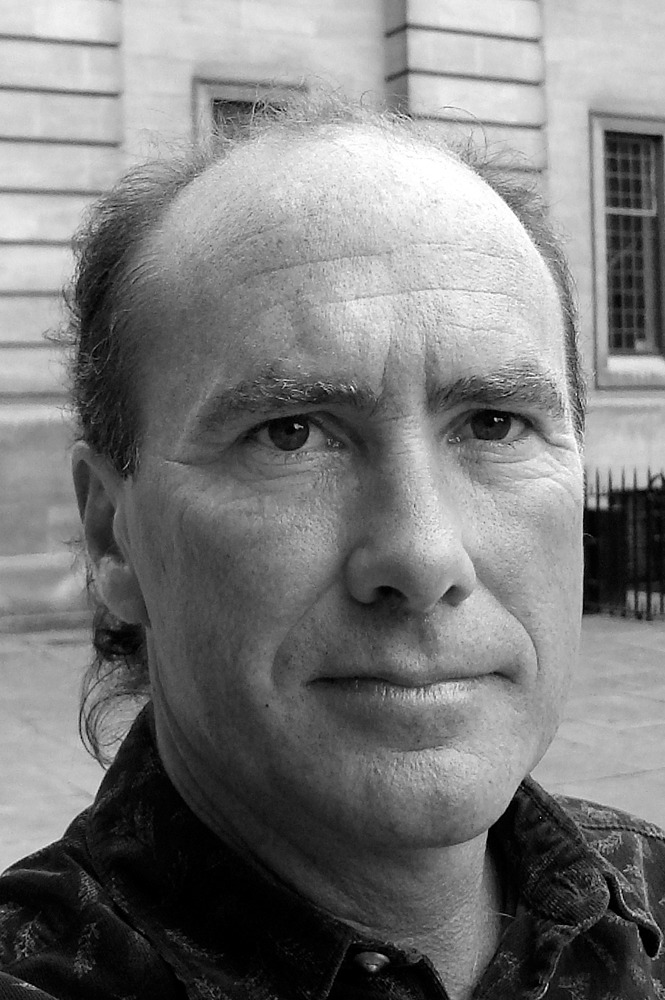
E. Christopher Mare took a Permaculture Design Course in 1993 and has been a full time student ever since. Chris developed his own B.A. programme as the world’s first effort at organising the emerging discipline of Ecovillage Design into a formal degree. Two Masters degrees later, he is currently preparing for his doctoral dissertation through Fielding Graduate University in Santa Barbara. In 2002, Mare set up an educational non-profit organisation – Village Design Institute – which will one day secure a land base for the establishment of 1) a research, training, and demonstration site; 2) an Academy of Village Design; and 3) a community of contemplative scholars. This project will most likely be called an ‘ecovillage.’

